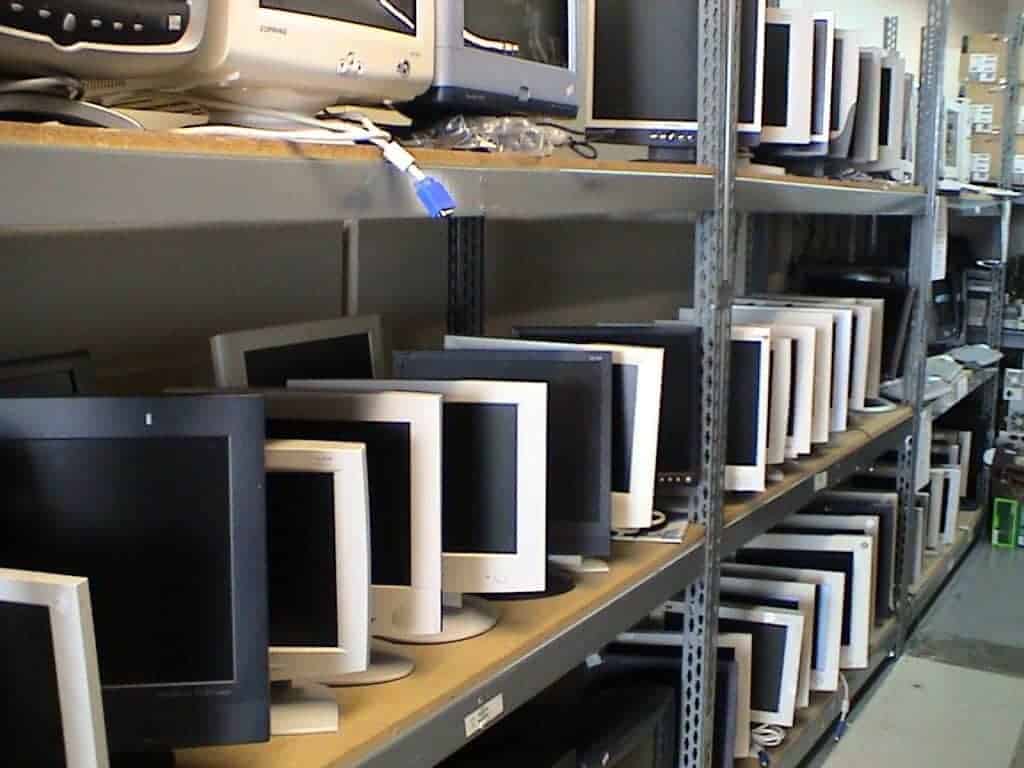
Electronic waste is one of the most complex to manage because it contains heterogeneous material that is difficult to separate for recycling. Furthermore, the average life of the products is short. However, Philips monitors have made efforts to solve this problem
MMD, the leading display specialist and brand licensing partner for Philips monitors, announces the collaboration of Philips monitors con Closing the Loop, a global provider of sustainable procurement services, and TCO Development, a world leader in IT TCO Certified sustainability certifications, in a pilot project to sustainably reduce monitor waste. The program is one of the 8 pilot projects funded by the PREVENT Waste Alliance, an international exchange and cooperation platform that aims to minimize waste, eliminate pollutants and maximize the reuse of resources. With this, Philips monitors supports a project that expands a certified solution to make electronic waste environmentally friendly, including monitors, and setting new standards for the industry while the demand for green shopping is increasing.

The challenge of electronic waste
Electronic waste (E-waste) is one of the most pressing challenges facing our society. According to a report by the Platform for Accelerating the Circular Economy (PACE) e della UN E-Waste Coalition, each year about 50 million tons of electronic waste which are mainly shipped to Africa or other emerging markets. In addition to this, a significant number of used monitors are shipped to Africa as second-hand products. In Africa, most e-waste is not recycled properly due to a lack of adequate facilities and resources. With only small integrated circuits that would make recycling more useful, and incorporated chemicals like lead and mercury, computer monitors in particular have been seen as a child of recycling and the circular economy. Consequently, the fact that it is seen as the main cause of improper handling of screens is that there is no profit margin on their proper recycling.
By accumulating in landfills, discarded monitors pose a significant risk to both human health and the environment, as toxic components and chemicals can infiltrate groundwater, endanger marine life and pollute the surrounding land. Prolonged exposure to extreme heat and sunlight can also cause chemicals to evaporate in the air, causing air pollution and damaging the atmosphere. With the ever increasing consumption of consumer electronics, urgent and effective solutions are needed to manage electronic waste.

Philips Monitors: tackling the challenge with waste compensation
With Closing the Loop (CTL) and TCO Development, Philips monitors are taking a sustainable approach to addressing the e-waste challenge. In the ECoN pilot project Philips monitors supports CTL and the coalition of transnational partners such as the research institute Öko-Institute eV and local Nigerian partners Verde Impacto, Hinckley Recycling and SRADev in expanding a proven waste compensation scheme, to include monitor waste and to expand the TCO Certified Edge, E-waste compensated certification. The project is funded by the PREVENT Waste Alliance, an initiative of the German Federal Ministry for Economic Cooperation and Development (BMZ).
The waste compensation closes the life cycle of electronics – with a fee added to the purchase price of new electronic devices, CTL works with local partners to collect waste devices and recycle them safely. Collected waste is used to compensate for a new device, making it harmless to the environment. To expand the compensation scheme to monitors, CTL and Philips monitors work together with the German Öko-Institut, a leading independent environmental research and consultancy organization, to demonstrate and confirm the process for the monitors. CTL ensures the traceability, shipping and safe recycling of collected waste, while Öko-Institut focuses on environmental and social risks, as well as ensuring the solidity of the service. Stefan van Sabben, Global CSR and Sustainability Senior Manager at MMD, Philips monitor says:
Our world is changing fast – in terms of technology but also in terms of the environment. With the ECoN project, we are committed to addressing one of the electronics industry’s biggest challenges and supporting a pilot project that aims to address this problem – not only by reducing our impact on waste, but also by establishing a certified process – by setting new standards of sustainability for the monitor industry.
Joost de Kluijver, founder and CEO of CTL, comments:
We are very excited to partner with Philips monitors to confirm that reducing the amount of e-waste makes commercial, environmental and social sense. It is fantastic to be able to work with a partner who shares our motivation to change our planet for the better and is ready to take ‘business for good’ to the next level by engaging in the ECoN pilot project, funding the legal and responsible collection and treatment of waste. electronics in developing countries. With Philips monitors by our side, we are confident that the expansion of waste compensation to displays will be a success.
The concept of waste compensation is already a norm for public procurement and is recognized as a solution of green – or “waste-neutral” – supply for phones, laptops and tablets. Over the past eight years, CTL has prevented more than 3 million cell phones from ending up in landfills by safely collecting and recycling them, helping more than 2,000 people secure additional income through secure jobs. To learn more about Philips Monitors green monitors you can visit the official website. That’s all from the hardware section, keep following us!
The article Philips monitors: a greener and greener future comes from TechGameWorld.com.








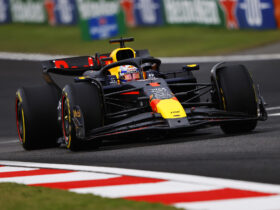
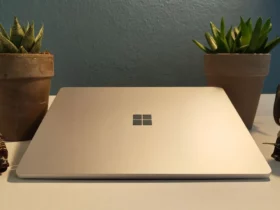

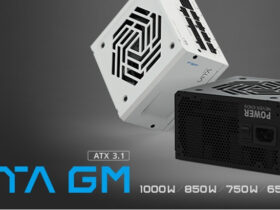
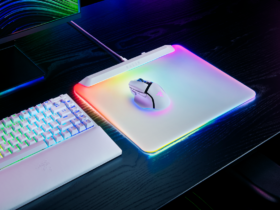
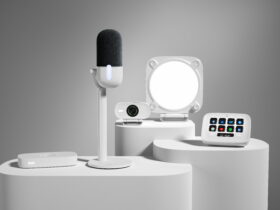

Leave a Reply
View Comments